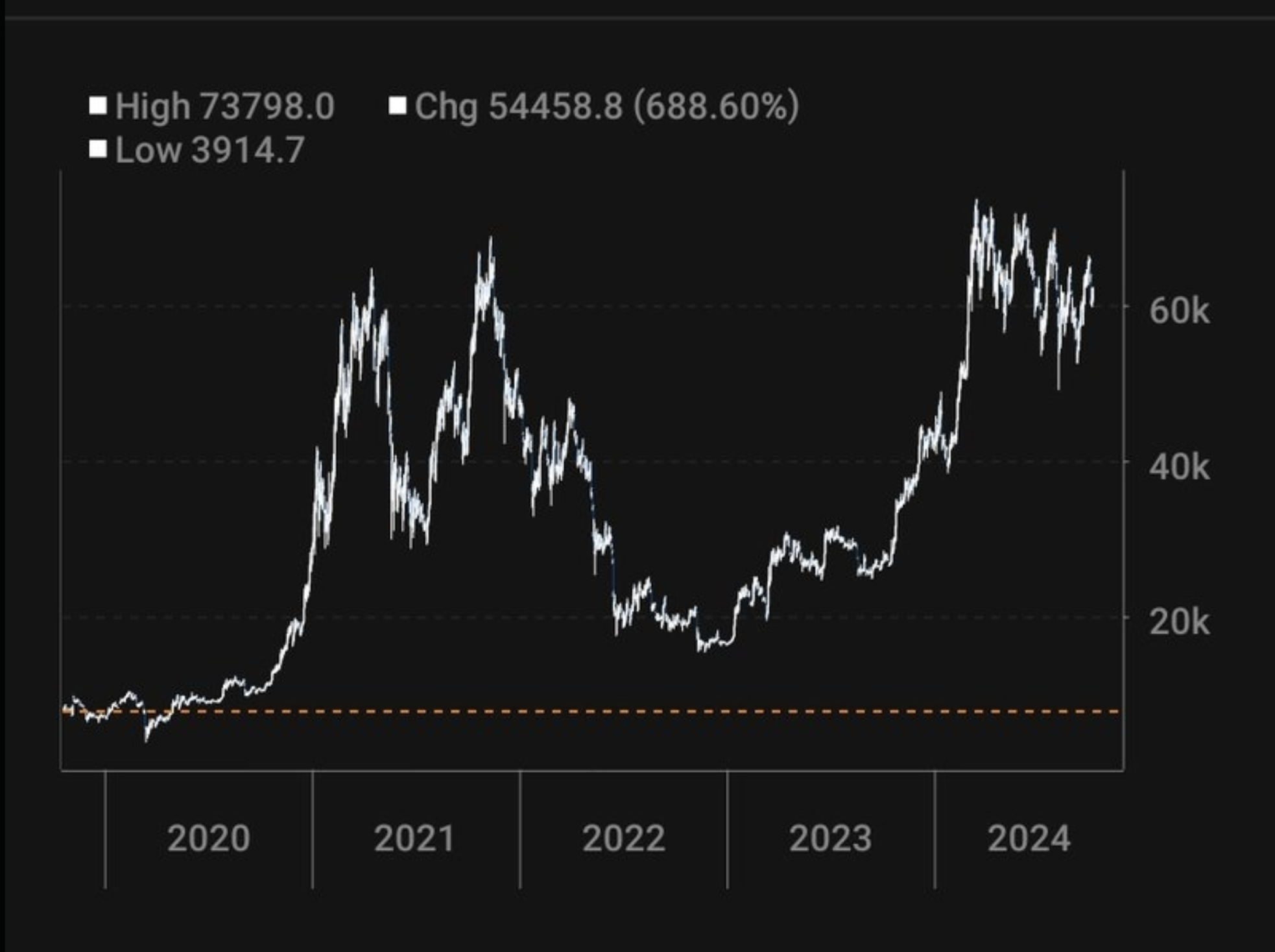A Bitcoin user has claimed to be the victim of hacking, leading to a record-breaking transaction fee of over $3 million. This incident, which has garnered significant attention, involves an unusually high fee of 83.65 BTC (approximately $3.1 million) paid for a single Bitcoin transaction.
The unfolding of an unprecedented event
The sequence of events unfolded last week when a Bitcoin transaction was processed with an abnormally high fee, setting a new record in terms of U.S. dollar value. This fee surpassed the previous highest fee of about $500,000 paid in September. The Bitcoin community was stirred when the alleged victim, using the Twitter handle “@83_5BTC”, consistent with the fee amount, claimed their funds were used without their consent.
The victim’s account details a distressing scenario: upon transferring 139 BTC to a new cold wallet, the funds were immediately siphoned to another address, with 55.77 BTC ($2.1 million) being transferred but accompanied by an 83.65 BTC fee. The initial balance before the transaction was 139.42 BTC, valued at around $5.2 million.
Verification and theories around the high fee
To establish legitimacy, 83_5BTC signed a message from the Bitcoin address in question, affirming ownership of the funds. This signature was subsequently verified by Mononaut, a pseudonymous developer behind the Bitcoin explorer Mempool, and Jameson Lopp, co-founder and CTO of Casa. However, Mononaut raised concerns that if the wallet was compromised, the signature could also have been made by an attacker.
The transaction was confirmed by AntPool in block 818,087, as per blockchain explorer Blockchair. Comparatively, the previous record fee in September, identified as a mistake by crypto services provider Paxos, was reimbursed by F2Pool, the miner who processed it. Whether AntPool will agree to a similar resolution remains uncertain, especially considering the need for additional verification of the victim’s identity.
Community member “niftydev” claimed to know the person behind the 83_5BTC account, asserting their ownership of the funds. Mononaut suggested that the high fee could be the result of a low-entropy wallet, which is vulnerable to hacking due to insufficient randomness in its creation. The rapidity of the transaction and the specific 60% fee of the total stolen amount points towards an automated script designed to pay a high fee to outpace competitors in stealing funds from such vulnerable addresses.
Implications and lessons from the incident
This incident not only sets a precedent in terms of the magnitude of transaction fees in Bitcoin but also highlights critical security concerns. The concept of a low-entropy wallet being susceptible to hacking is a stark reminder for users to ensure robust security measures, particularly for large sums. The use of multisig (multi-signature) wallets is recommended to enhance security.
Moreover, the community’s response and the verification mechanisms underscore the ongoing challenges in establishing ownership and authenticating transactions in the decentralized and anonymous nature of blockchain technology. While the blockchain provides a transparent and immutable ledger, these cases reveal the complexities of addressing disputes and errors.




